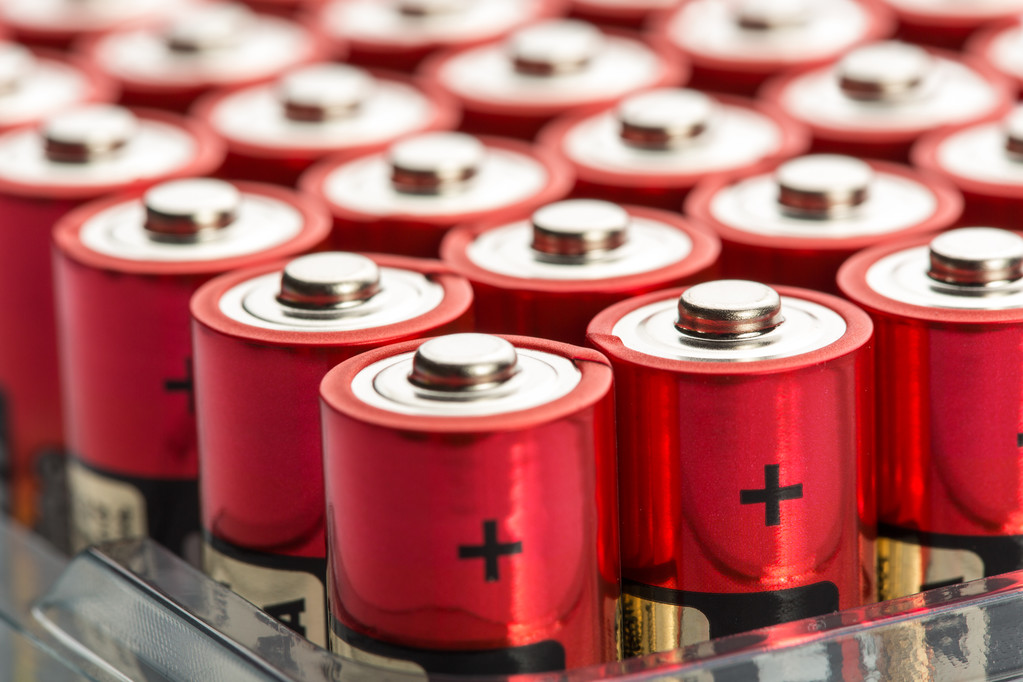
When it comes to powering your devices, choosing the right type of AA battery is crucial. From household gadgets to high-performance electronics, the variety of AA batteries available on the market can be overwhelming. This guide will break down the differences between four common types of AA batteries—Alkaline, Lithium, NiMH (Nickel-Metal Hydride), and Ni-Zn (Nickel-Zinc)—to help you make an informed decision.
1. Alkaline Batteries
Alkaline batteries are the most common and widely used AA battery type. These batteries are typically inexpensive and can be found in almost every retail store. Here are the key features of Alkaline batteries:
- Advantages:
- Affordable: Alkaline batteries are budget-friendly, making them a popular choice for everyday devices like remote controls, toys, and clocks.
- Long Shelf Life: They have a long shelf life, usually around 5-10 years, making them reliable for emergency preparedness.
- Limitations:
- Limited Reusability: Once depleted, Alkaline batteries cannot be recharged, contributing to environmental waste.
- Lower Power Output: They are less effective for high-drain devices like digital cameras or gaming controllers.
2. Lithium Batteries
Lithium batteries are known for their superior performance and long lifespan. Although they are more expensive than Alkaline batteries, they offer several advantages:
- Advantages:
- Higher Energy Density: Lithium batteries can last longer than Alkaline ones in high-drain devices.
- Lightweight: They are lighter and have a longer shelf life compared to other AA types (up to 15 years).
- More Efficient in Extreme Temperatures: Lithium batteries perform well in both hot and cold environments, making them ideal for outdoor devices.
- Limitations:
- Cost: The higher cost of Lithium batteries can make them less attractive for low-power applications.
- Non-rechargeable: Like Alkaline batteries, they cannot be recharged.
3. NiMH (Nickel-Metal Hydride) Batteries
NiMH batteries are a popular choice for consumers looking for rechargeable solutions. They are a great alternative to Alkaline batteries, especially for high-drain devices.
- Advantages:
- Rechargeable: NiMH batteries can be recharged hundreds or even thousands of times, which makes them more environmentally friendly and cost-effective in the long run.
- High Capacity: They offer a higher capacity than Alkaline batteries, meaning they can power devices for longer periods.
- Consistent Performance: NiMH batteries provide more consistent voltage output throughout their discharge cycle.
- Limitations:
- Self-discharge: NiMH batteries tend to lose charge over time even when not in use.
- Initial Cost: The upfront cost can be higher, but the ability to recharge them reduces long-term costs.
4. Ni-Zn (Nickel-Zinc) Batteries
Ni-Zn batteries are less common than the other types, but they are gaining popularity for their unique benefits.
- Advantages:
- High Voltage: Ni-Zn batteries offer a higher voltage output (1.6V) compared to the standard 1.5V of Alkaline or NiMH batteries, which can provide more power to certain devices.
- Rechargeable: Like NiMH batteries, Ni-Zn can be recharged and have a longer lifecycle than single-use batteries.
- Environmentally Friendly: Ni-Zn batteries are considered more eco-friendly as they contain fewer toxic metals.
- Limitations:
- Compatibility Issues: Some devices are not designed to handle the higher voltage of Ni-Zn batteries, which can cause problems in certain electronics.
- Cost and Availability: They are still not as widely available or as affordable as Alkaline or NiMH batteries.
Conclusion: Which AA Battery Is Best for You?
The choice between Alkaline, Lithium, NiMH, and Ni-Zn batteries depends on your specific needs. For everyday use in low-drain devices, Alkaline is a cost-effective solution. If you need longer-lasting power for high-drain devices and performance in extreme temperatures, Lithium might be the better option. For those looking to reduce environmental impact and save money over time, NiMH rechargeable batteries are an excellent choice. Finally, Ni-Zn batteries provide an eco-friendly alternative with higher voltage, though they may not be compatible with all devices.
Understanding the differences between these battery types will help you select the best one for your needs, whether you're powering gadgets, cameras, or other electronics.
Contact Person: Miss. Elsa Liu
| WhatsApp : | +8617763274209 |
|---|---|
| Skype : | +8617763274209 |
| WeChat : | 17763274209 |
| Email : | Elsa@lifepo4-battery.com |